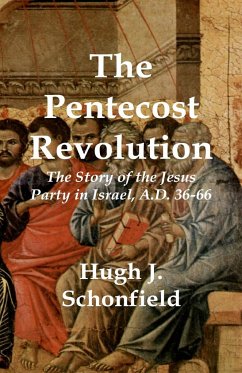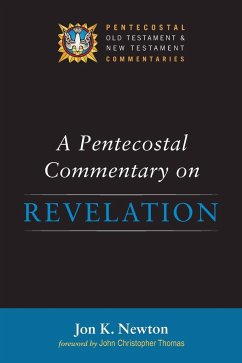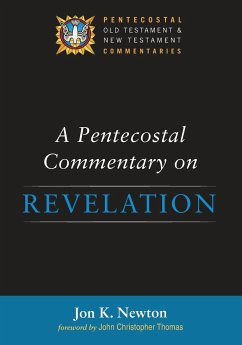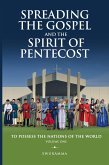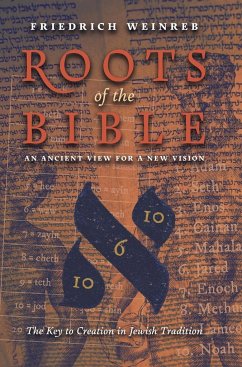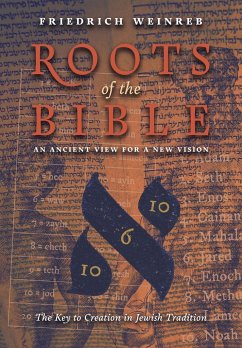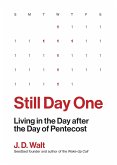In this scholarly yet readable book Schonfield tries to unravel the mysteries behind the development of early Christianity in the thirty years between the crucifixion of Jesus and the Fall of Jerusalem. It builds on the famous work 'The Passover Plot' by the same author. It is a companion reader also to 'Those Incredible Christians' and 'The Politics of God' and provides challenging insights into a world we thought we understood. We discover a movement amongst Jewish people of the time who were not concerned with establishing a new religion but rather with a new social social order - a new Israel. Thus the writer lifts this early Nazorean group out of the context of Roman Christianity and clears the path for a fresh look at the meaning of the Messianic message.
Hinweis: Dieser Artikel kann nur an eine deutsche Lieferadresse ausgeliefert werden.
Hinweis: Dieser Artikel kann nur an eine deutsche Lieferadresse ausgeliefert werden.

